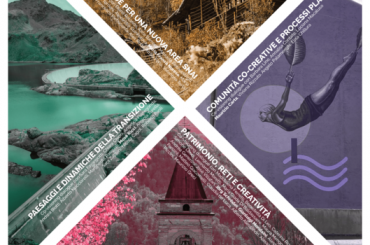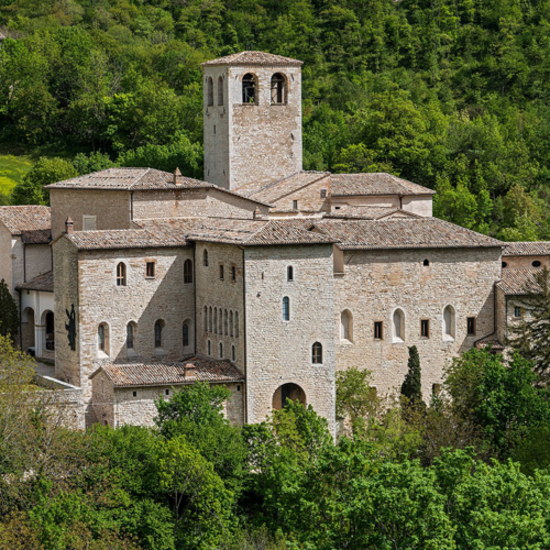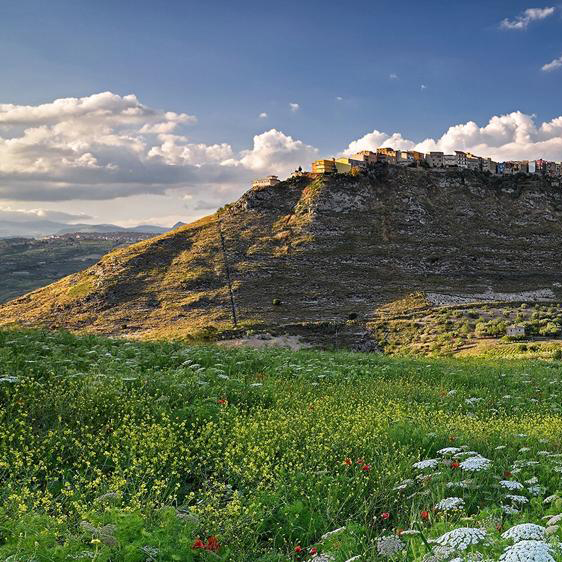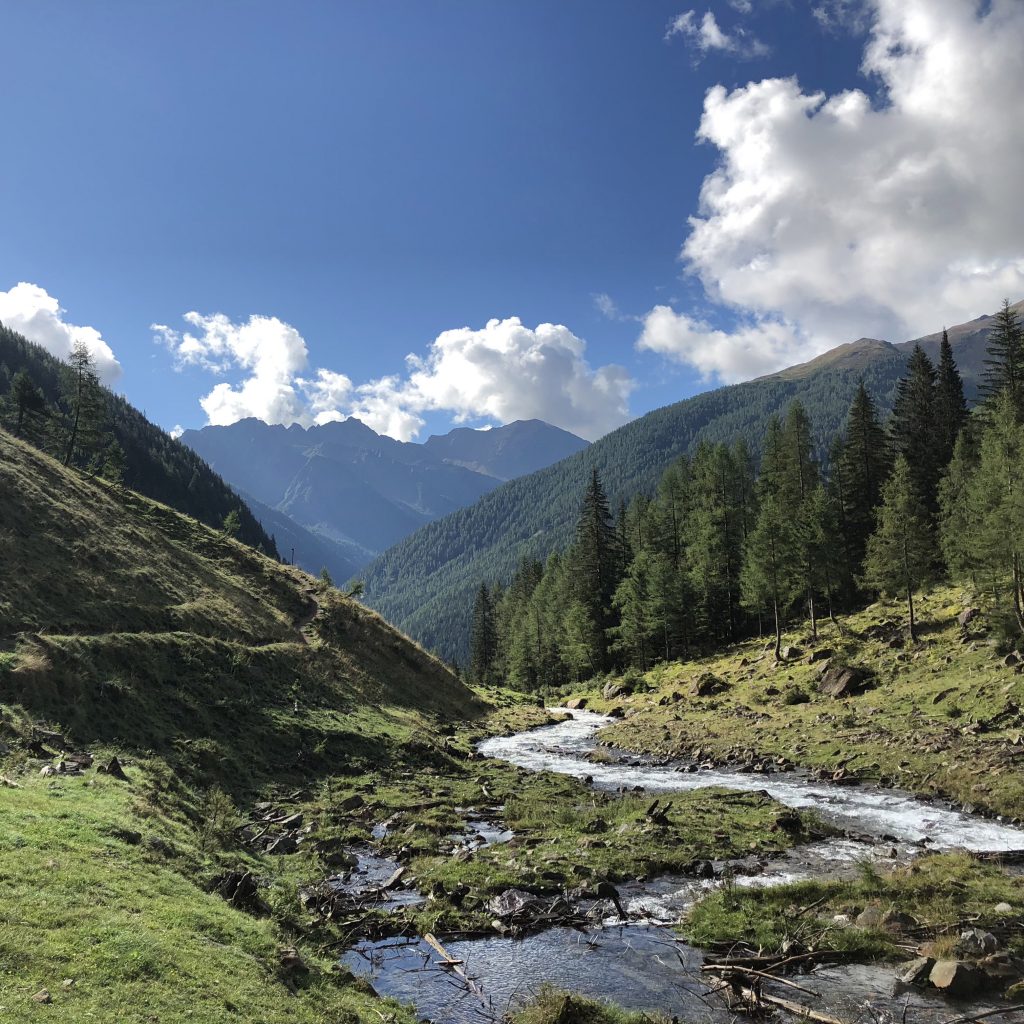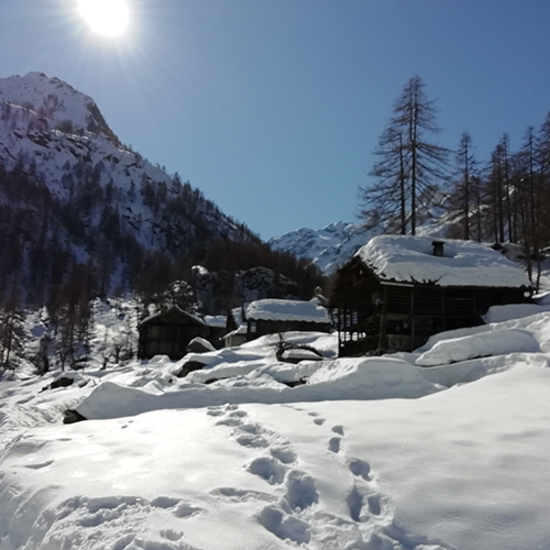Branding 4 Resilience
Investigates the potential of branding in drawing the
resilient development of territories and communities
in four Italian inner areas through minimal tourist infrastructure.
The project
Branding4Resilience is a research project of national interest (PRIN 2017 - Young Line) coordinated by the Università Politecnica delle Marche with the Università degli Studi di Palermo, the Università degli Studi di Trento and the Politecnico di Torino. The project investigates the potential of territorial branding in drawing the resilient development of territories and communities in four Italian inner areas.
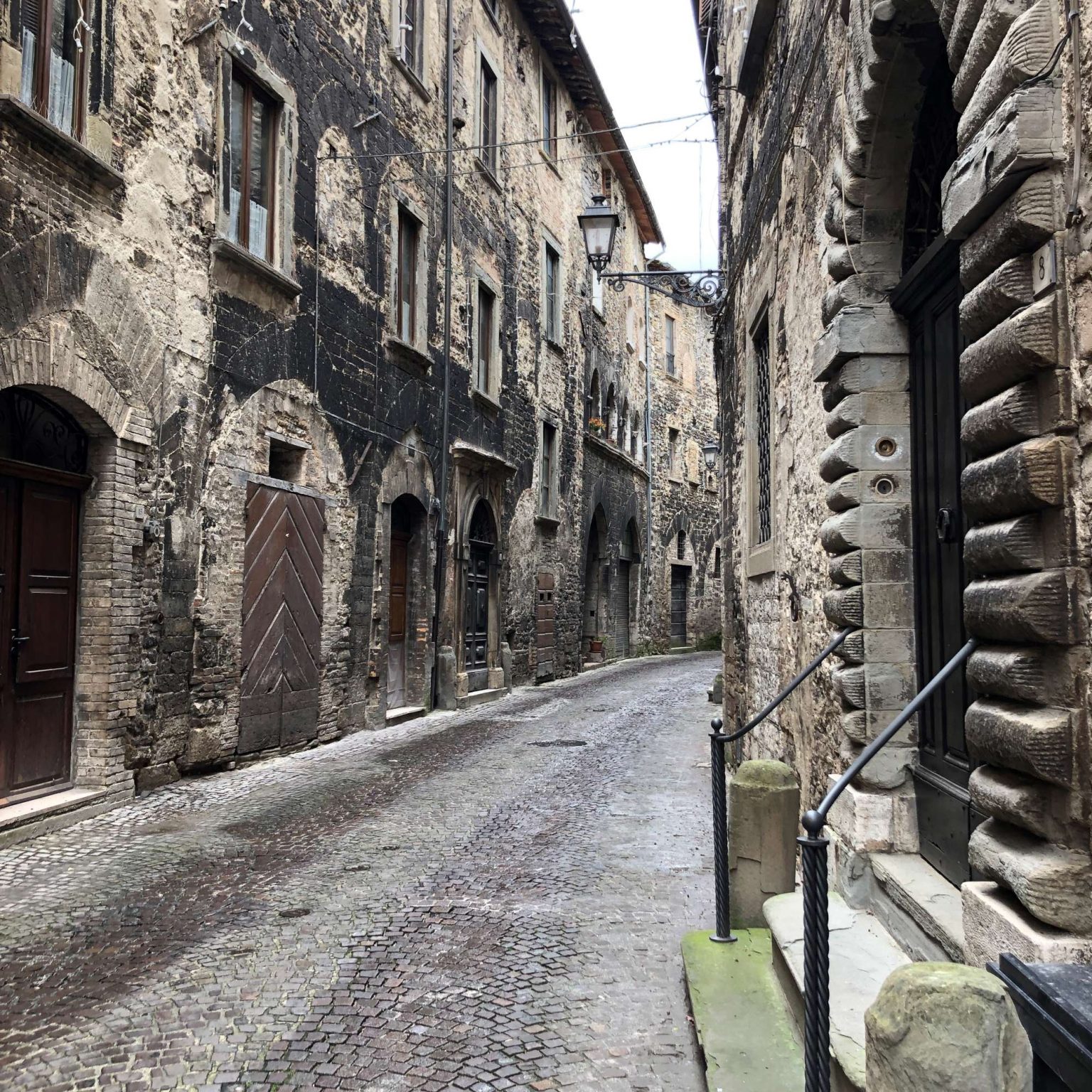
Branding
The project defines branding as an engine of development for more resilient habitats and communities that can be responsive and adaptive to contemporary challenges.
Resilience
Resilience, combined with branding, shows the potential of territories and communities to be enhanced through co-design and co-visioning actions aimed at rediscovering place identity.
Habitat
The project addresses the ‘slow’ contexts of Italian small villages and inner areas by enhancing resources and capabilities to shape high-quality habitats and innovative anti-fragile networks together with local communities.
Enhancement
The project aims to promote the territorial capital, the natural resources and the cultural heritage of fragile territories by means of strategies and economic and territorial enhancement projects.
Tourism
B4R strongly aims to promote relational tourism in Italian ‘slow’ territories and to design minimal infrastructures through operative branding actions.
B4R in numbers
INVOLVED
REGIONS
UNIVERSITIES
RESEARCHERS
About us
B4R is a multi and transdisciplinarity project where each research unit shares their competences among partners and stakeholders to complement approaches and advance knowledge, and where integrated and shared methods and techniques can be applied in the different contexts.
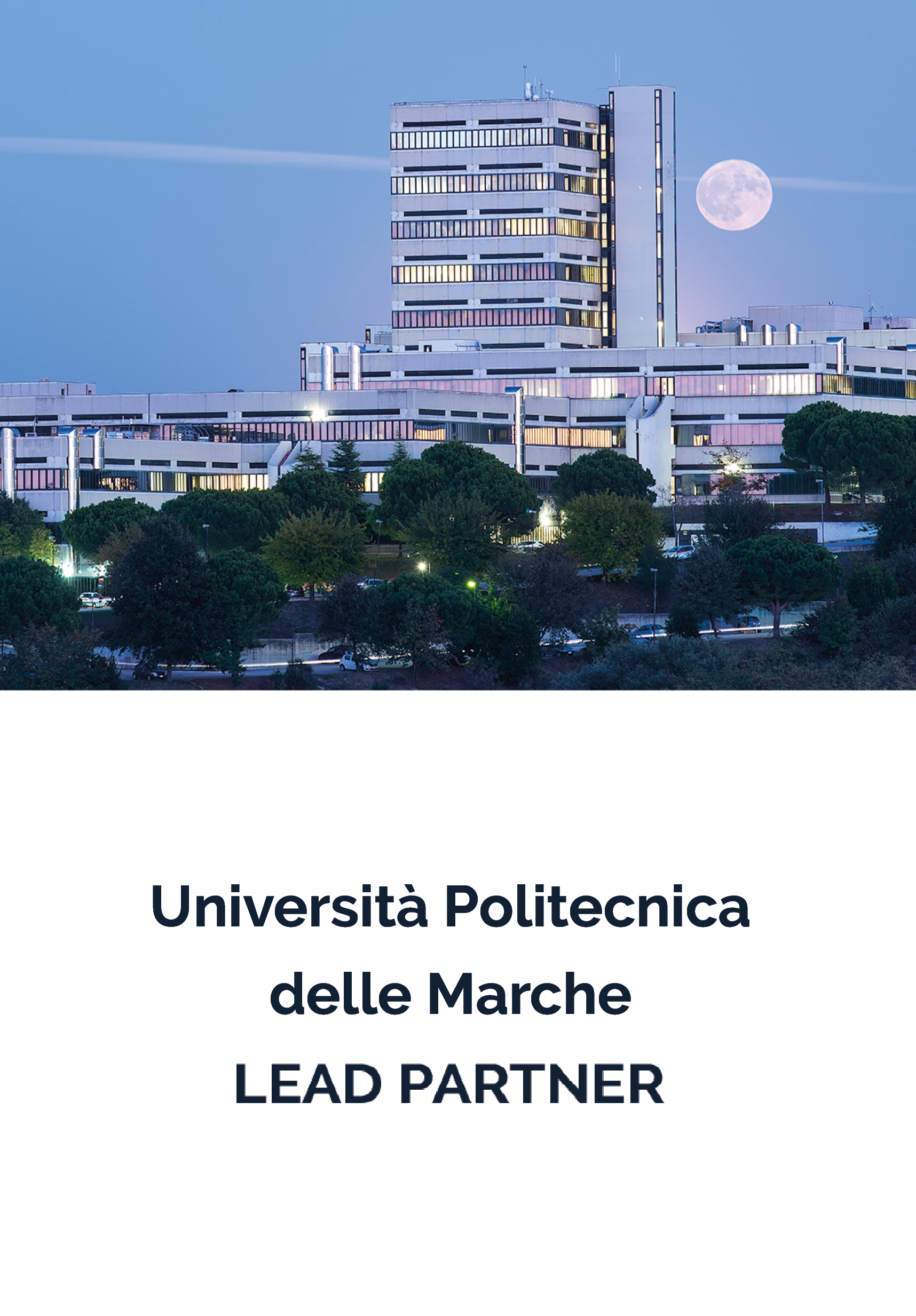
Università Politecnica delle Marche
LEAD PARTNER
The Università Politecnica delle Marche, project lead partner, fosters scientific and technological innovation. It counts 17,000 students, 700 academics and 650 technical employees. UNIVPM Research Unit refers to the departments DICEA (leader) and DIISM, with expertise in architectural and urban design, branding, urban recycle, built heritage (ICAR14) and in customer experience and collaborative systems (ING-IND/15). Also, the Leibniz Universität Hannover provides a self-financed support on strategic development and planning (ICAR21).
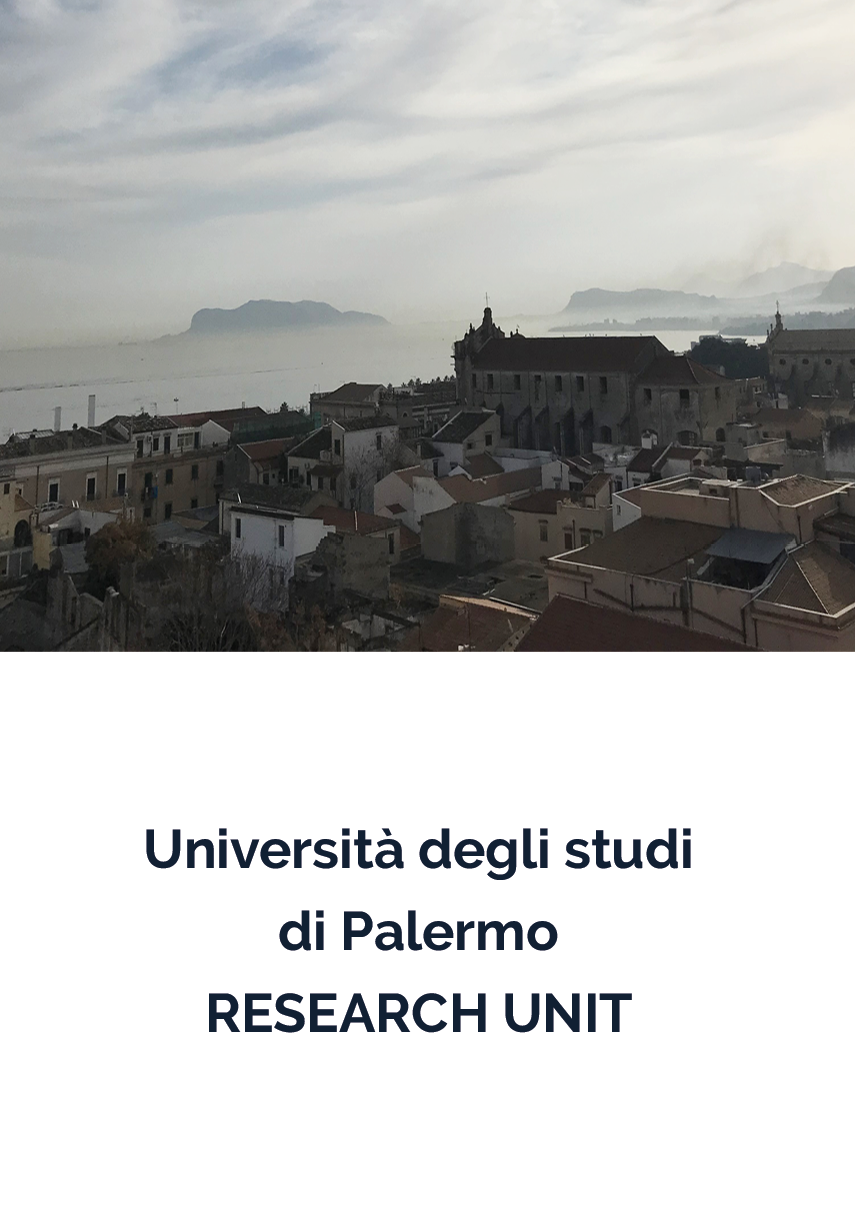
Università degli studi di Palermo
RESEARCH UNIT
UNIPA RU brings different specific expertise with a cross fertilization multidisciplinary: urbanism, planning, social innovation, local development (ICAR/21); architecture (ICAR/14); quantitative methods for social sciences (SECS-S/05); analysis of social networks, dynamics of cooperation (SPS/12); cultural geography (M-GGR01). UNIPA RU will focus on "Co-creative communities" and processes of re-activation of territories through creativity and social innovation. The RU will explore strategies to strengthen the alliance between social innovation and creativity for more resilient communities in the FA of Sicani in Sicily.
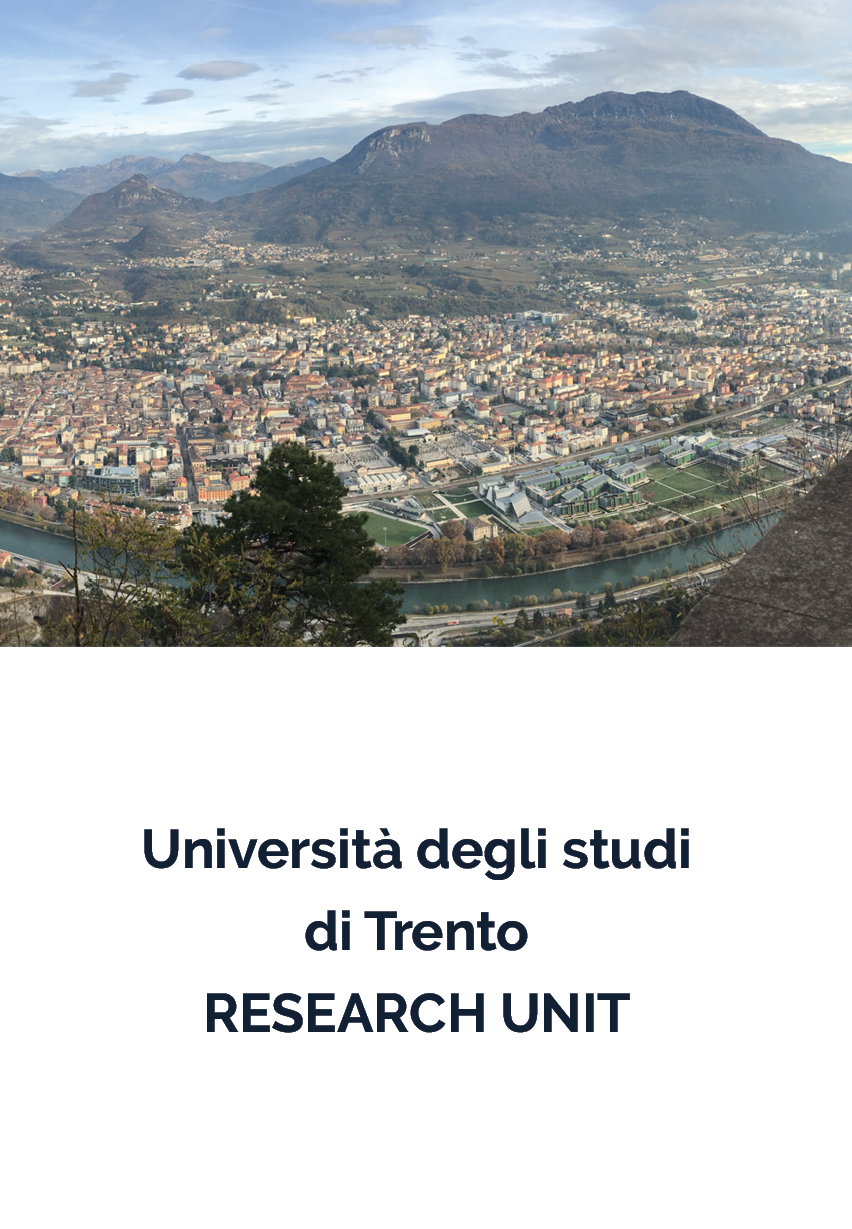
Università degli Studi di Trento
RESEARCH UNIT
The UNITN team involved in the research offers experiences and knowledge in the fields of landscape and architecture design, business models and strategic management. UNITN specifically contributes to the valorisation of the resources of the landscape and architectural heritage; the exploration of the Natural Capital concept; and prefiguration and vision of strategic scenarios for local stakeholders towards a territory and tourism sustainable development.
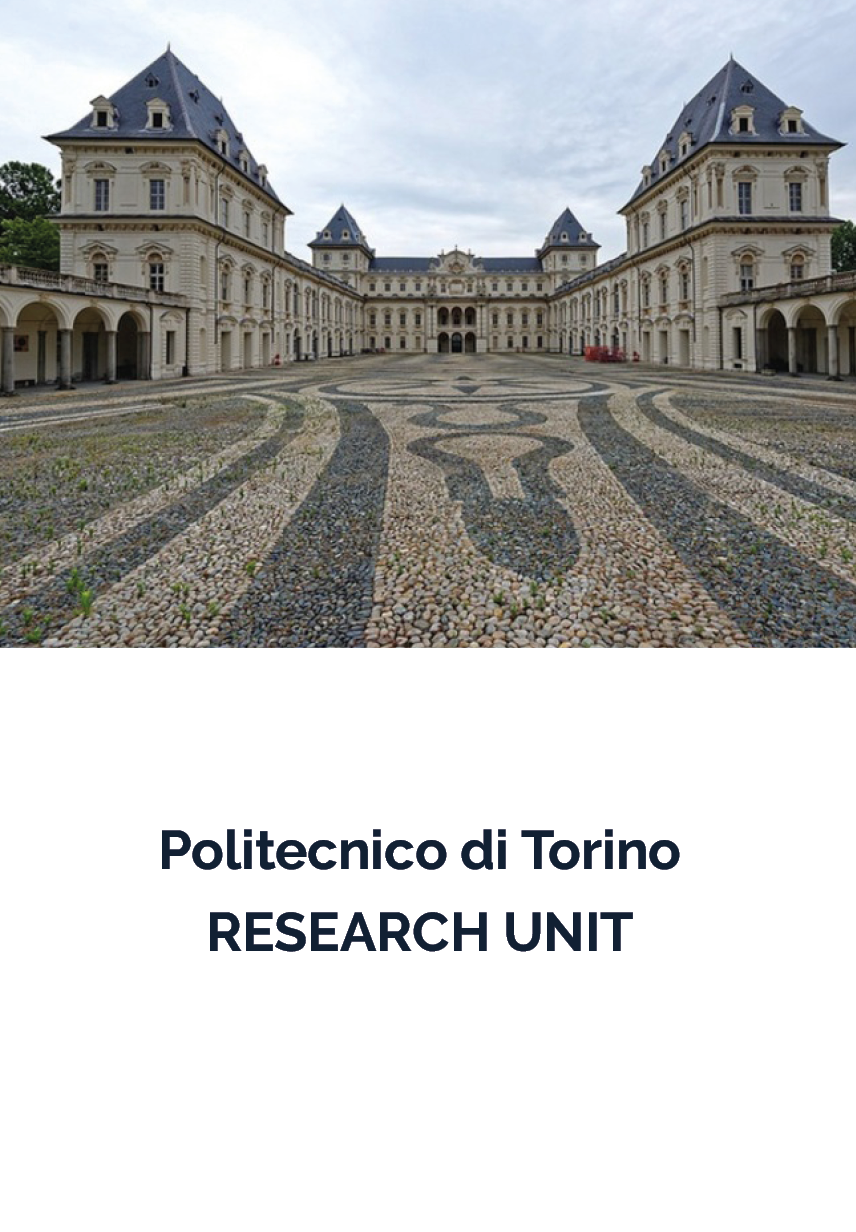
Politecnico di Torino
RESEARCH UNIT
The POLITO research group is a multidisciplinary group of lecturers and researchers from five different academic disciplines: Surveying and mapping, Structural engineering, Architectural technology, Design and Real estate appraisal. The various competences of the group, which range from the economic evaluation and enhancement to geospatial analyses, territorial modelling, systemic design, technological innovation, structural analyses, are integrated in order to analyze and enhance the most fragile territorial contexts, by relating economy, society, environment and tangible and intangible cultural heritage.
WHO WE ARE
We operate to reactivate the fragile territories through real projects focused on places and communities of people
News
